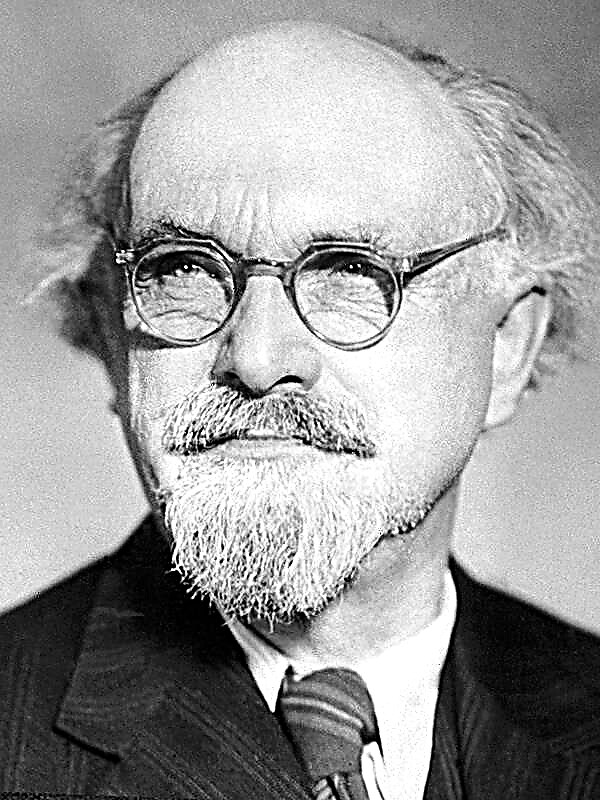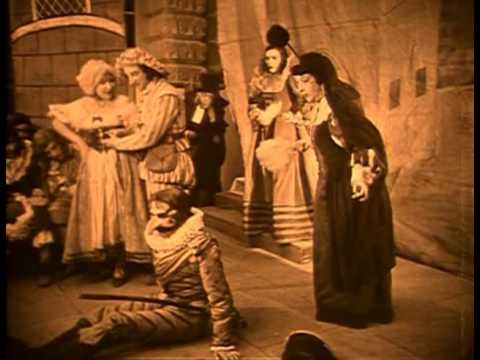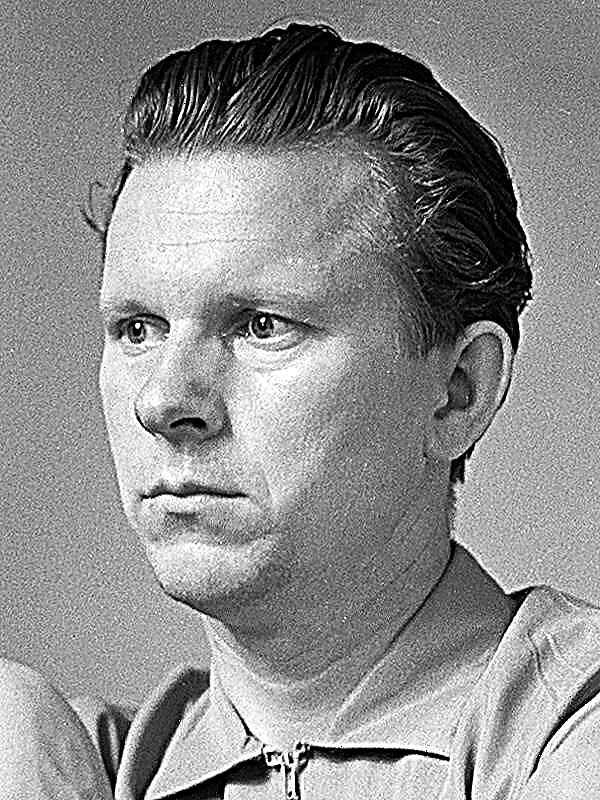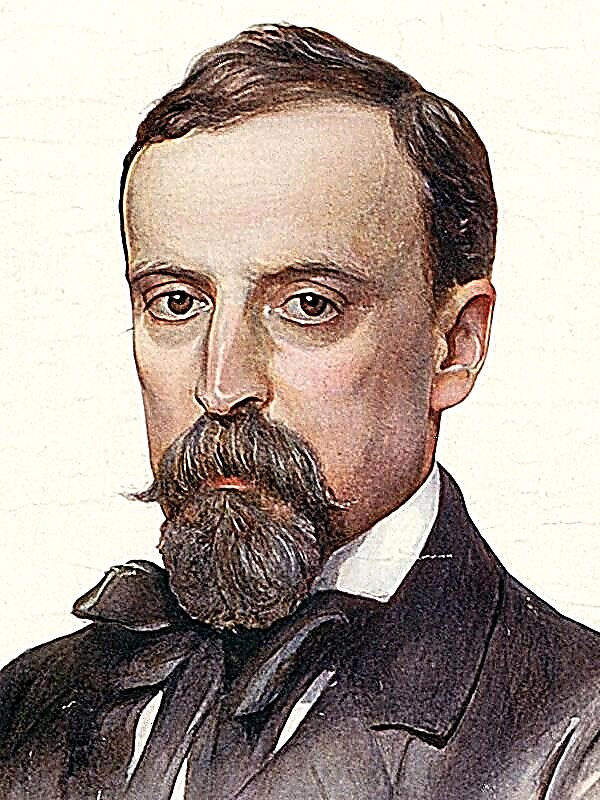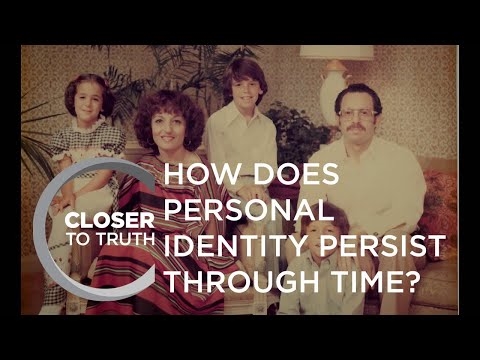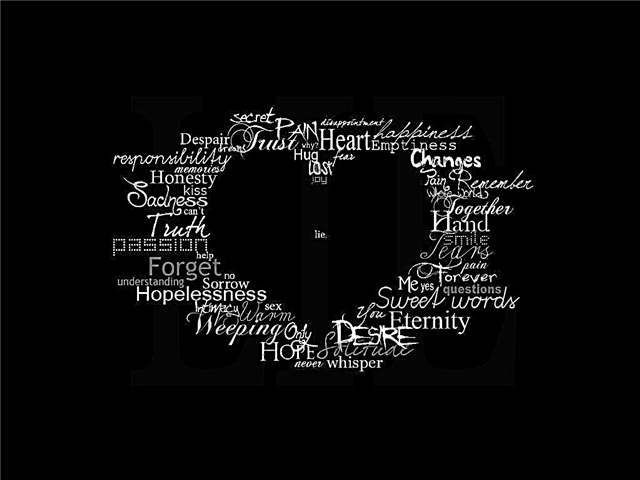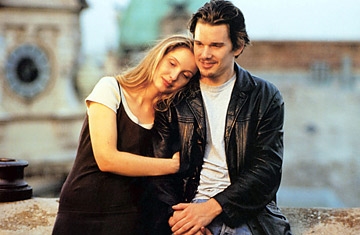(438 words) A generational conflict ... How often do we hear this phrase and how rarely do we think about its meaning! In my opinion, we can talk about a generational conflict when parents and children do not understand each other. Differences in views, unwillingness to accept a different point of view - these are signs of misunderstanding. Writers often devoted their work to the theme of the clash of fathers and children. I will give a few arguments confirming my interpretation of this concept.
Bazarov, the hero of Fathers and Sons, I. S. Turgenev, was a nihilist and denied the importance of feelings for man. He considered love something ephemeral, unnecessary. His parents, who had lived in love and harmony for many years, did not understand their son and were worried about him. Eugene, in turn, did not want to spend time with the elderly, because family ties were for him a vestige of human relations. Perhaps he considered his views too advanced and realized that not all of them shared. The conflict of generations in this case cannot be called acute. But the work also describes other examples of dissimilarity of views: Bazarov and Pavel Petrovich, Arkady and Nikolai Petrovich ... Fathers are not able to understand the children, because they grew up at other times and in different conditions, other values were inculcated in them. Misunderstanding gives rise to a conflict that can manifest itself even in scandals and bloody skirmishes. For example, the immorality and cynicism of Bazarov angered Pavel Petrovich so much that he challenged the guest to a duel. It was in this fight that the final chord of the confrontation was reflected, which shows the essence of the conflict between fathers and children: while the old man lives according to the knight’s code, the young man despises him and provides medical assistance to the duelist right at the scene of the fight.
Another striking example is the relationship of young people and their parents, described in the work “The Storm” by A. N. Ostrovsky. Katerina, “a ray of light in the dark kingdom,” understands how important it is to believe in God, to remain pure and sincere. Barbara is completely unlike her. But still, she also has ideas about life that are different from those of her mother. The tradeswoman Kabanikh is afraid of change, does not value freedom, and has the sole purpose of preserving patriarchal foundations. Such is the Wild, for example. Tikhon, a representative of the young generation, unsuccessfully tries to resist the influence of his mother. Boris, the beloved of Katerina, also perceives freedom in a different way. For the new generation, something new is important, all young people, one way or another, want one thing - freedom of opinion and action. They look at the world differently and want to get the right to express their positions. But the elderly, who own power in the city, do not want to allow the young to develop distinctively. They are only sure of their innocence and protect it as they can. Alas, sometimes such a confrontation ends tragically: children declare open war on their parents.
Thus, we can conclude: the origins of the generational conflict lie in the lack of understanding by fathers and children of the motives, interests, principles of each other. With age, conservatism comes to a person, which often turns into a categorical rejection of change. And youth is always prone to rebellion, even if there is no rational reason to do so. So the clash of generations is inevitable.


